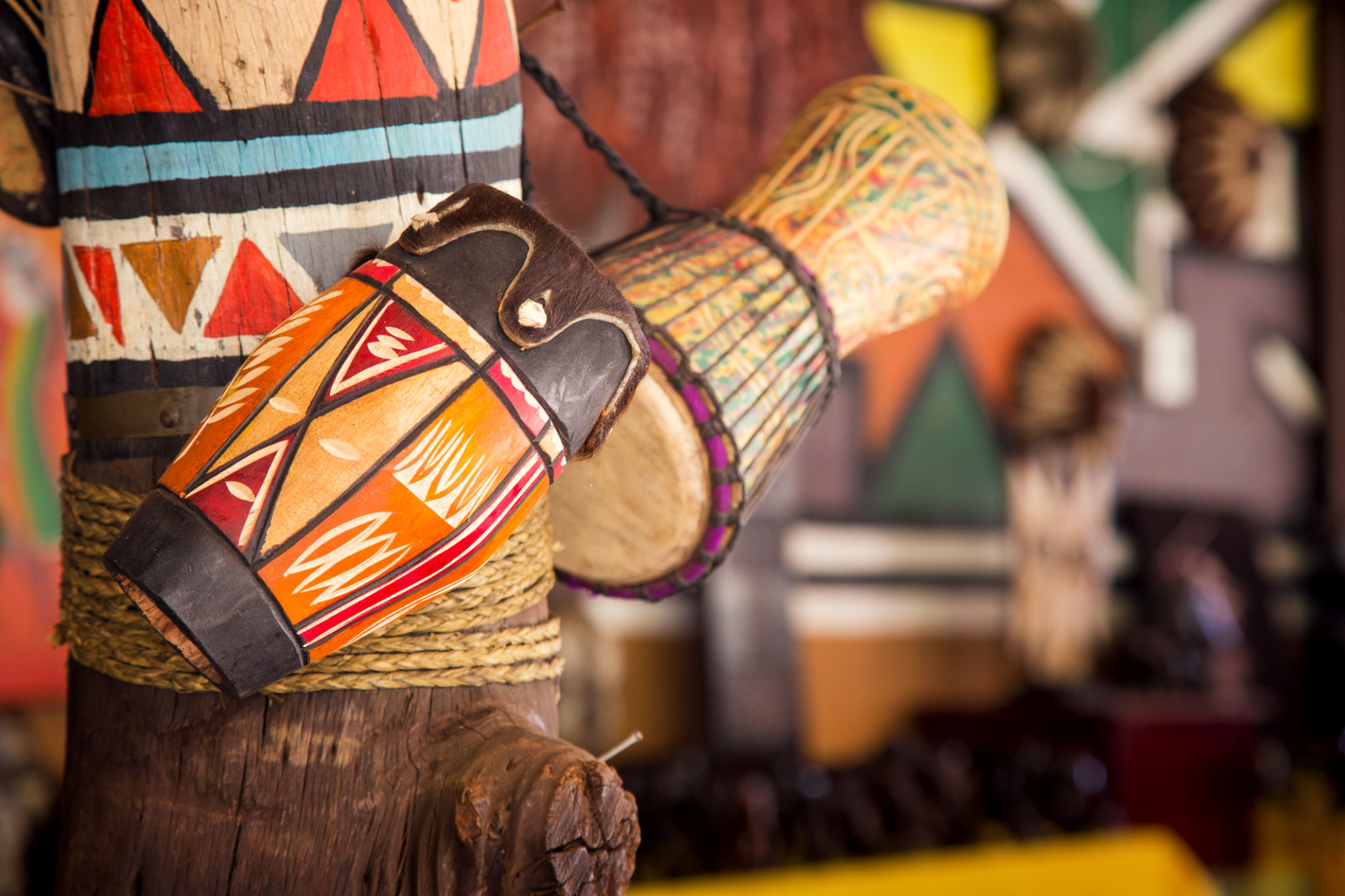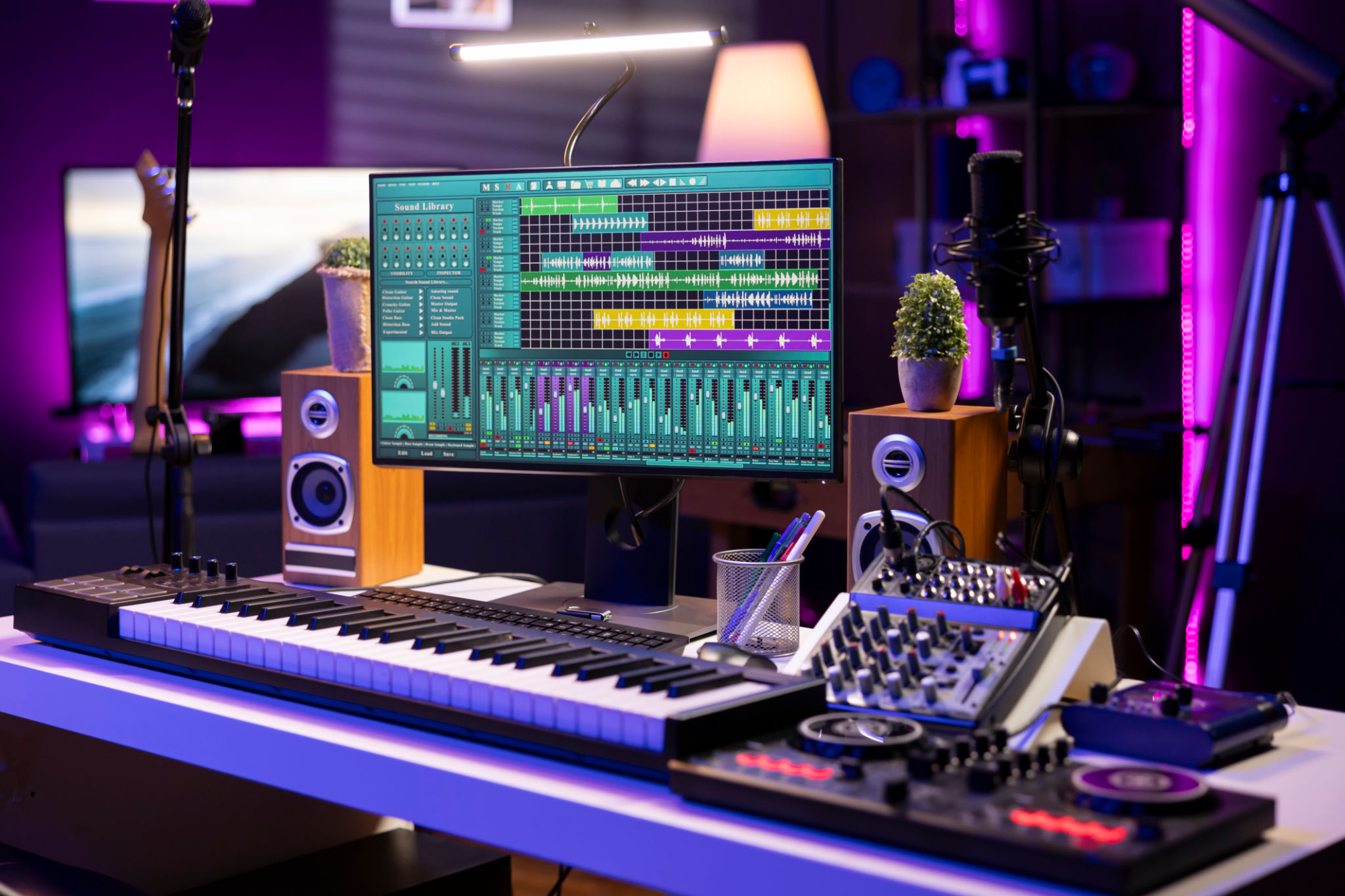Creating Music with the Authentic Jamaican Culture Sound: A Producer's Perspective
Understanding the Roots of Jamaican Music
Jamaican music is a vibrant tapestry of sounds and rhythms that reflect the island's rich cultural history. From the pulsating beats of reggae to the energetic flair of dancehall, these genres have captivated audiences worldwide. To create music with an authentic Jamaican sound, it's crucial to understand its roots and the social and cultural contexts from which it emerged.
Reggae, for instance, is deeply rooted in the Rastafarian movement and often conveys messages of peace, love, and social justice. Dancehall, on the other hand, emerged in the late 1970s as a more upbeat and dance-centric genre, often characterized by its catchy hooks and digital instrumentation. Both genres have evolved over time but continue to maintain their core elements that symbolize the heart of Jamaican culture.

Incorporating Traditional Instruments
To achieve the authentic Jamaican sound, incorporating traditional instruments is key. The bass guitar and drum are foundational in reggae music, providing the deep grooves and steady rhythms that drive the genre. The use of percussion instruments like the bongo drums and tambourines adds a distinctive layer of rhythm that is quintessentially Jamaican.
In dancehall, producers often employ digital instrumentation to create energetic beats. However, blending in traditional sounds like the steel drum can add an authentic touch that resonates with listeners who appreciate the cultural heritage of the music. Creating this fusion of traditional and modern elements allows producers to innovate while staying true to the roots of Jamaican music.

Vocal Techniques and Lyrical Themes
The vocal delivery in Jamaican music is another aspect that defines its unique sound. Reggae vocals are often melodic and soulful, with a strong emphasis on storytelling. Dancehall features more rhythmic and rapid-fire vocal styles that are both engaging and infectious.
Lyrical themes in Jamaican music often revolve around social issues, love, and personal experiences. Reggae lyrics tend to focus on messages of unity and resistance, while dancehall often explores themes of celebration and personal empowerment. As a producer, understanding these themes can help in crafting lyrics that resonate with audiences and honor the authenticity of the Jamaican sound.

Collaborating with Local Artists
Working with local Jamaican artists can provide invaluable insights into the cultural nuances that define the authentic sound. Collaborations offer a chance to blend different influences and perspectives, creating music that is both innovative and culturally respectful.
Local artists bring a wealth of knowledge about traditional techniques and contemporary trends in Jamaican music. Their input can be instrumental in ensuring that the production maintains its authenticity while appealing to a global audience.
The Global Influence of Jamaican Music
Jamaican music has not only shaped the cultural identity of the island but also influenced numerous genres worldwide. From hip-hop to electronic dance music, the echoes of reggae and dancehall can be heard across various musical landscapes. This global appeal makes it an exciting time for producers to experiment with incorporating Jamaican elements into different genres.
By respecting and understanding the cultural significance of Jamaican music, producers can contribute to its ongoing evolution while introducing it to new audiences around the globe. Whether creating a pure reggae track or infusing dancehall vibes into a pop hit, the possibilities are endless with the right approach.

Conclusion: Embracing Authenticity in Production
Creating music with an authentic Jamaican sound requires a deep appreciation for its cultural roots and an understanding of its musical elements. By incorporating traditional instruments, employing genuine vocal techniques, and collaborating with local artists, producers can craft music that honors this rich heritage.
The beauty of Jamaican music lies in its ability to inspire, uplift, and transcend cultural boundaries. As producers continue to explore and innovate within this genre, they play an essential role in preserving its legacy while ensuring its relevance for future generations.